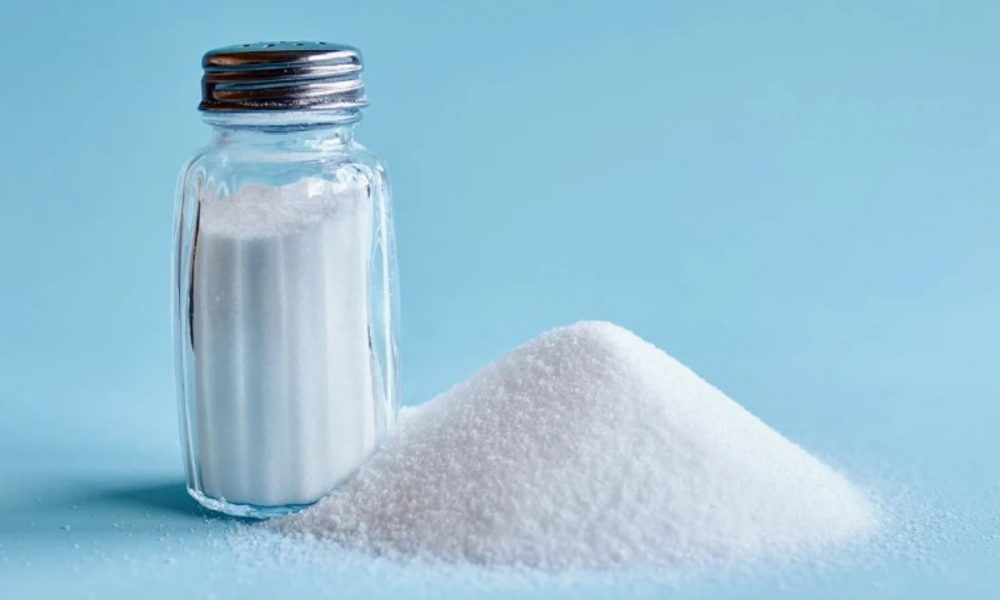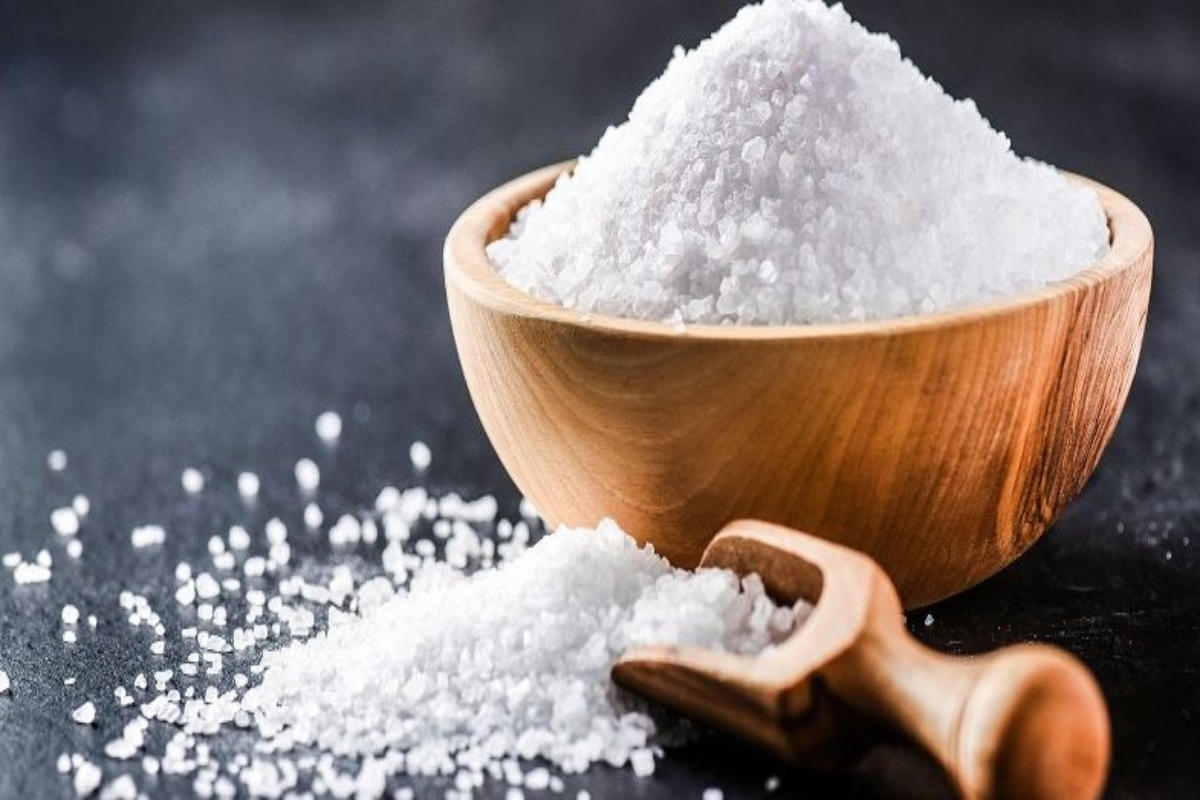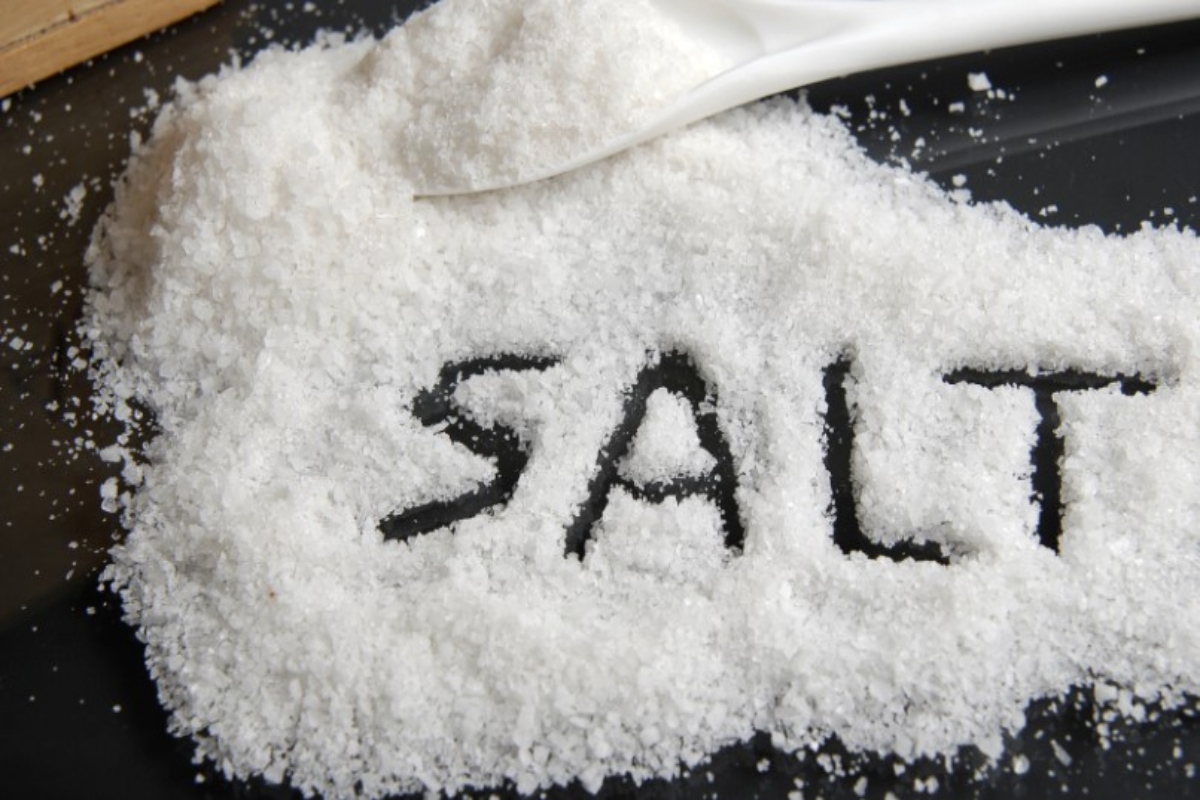
New Delhi: Salt (sodium) is necessary for the body to function correctly. Salt performs a number of functions after being consumed and distributed throughout the body’s fluids, including the bloodstream. It governs fluid levels, such as the total blood volume, which in turn impacts blood pressure, as well as electrolyte levels that enable the brain to transmit electrical messages to the nerves and muscles. Additionally, salt stimulates the adrenal glands, lessens sunstroke, and aids in maintaining blood levels of other crucial minerals.
These vital processes can be carried out regularly with just a modest amount of salt. For a typical adult, the recommended daily intake of salt is roughly 2,400mg per day, which is roughly equivalent to one teaspoon of regular table salt (sodium chloride). However, a lot of people take much more salt than is advised each day, which might have negative health effects.

Short-term consequences of excessive salt consumption:
High salt intake has immediate, short-term effects that become apparent shortly after.
Bloated hands and feet or a swollen face are typical short-term side effects of eating too much salt. Some people have increased thirst after a salty meal, which causes them to feel bloated due to water retention. The effects are typically transient, and after a few glasses of water and consciously lowering the salt content of subsequent meals, the body excretes the extra sodium and goes back to being less bloated.

The repercussions of excessive salt consumption over time:
When customers consume large amounts of salt over an extended period of time, more serious negative effects happen.
Because the kidneys are less able to eliminate water as a result of the blood’s increased sodium content, the body’s blood vessels are under more strain as a result of the increased blood volume. Strokes and congestive heart failure can eventually result from high blood pressure. Kidney disease can result from the kidneys’ chronic overwork to remove excess salt.
Long-term excessive salt consumption can also cause fluid to accumulate in the body’s tissues and cavities. Furthermore, eating a lot of sodium can make the body excrete calcium in small amounts, which might eventually induce osteoporosis.




